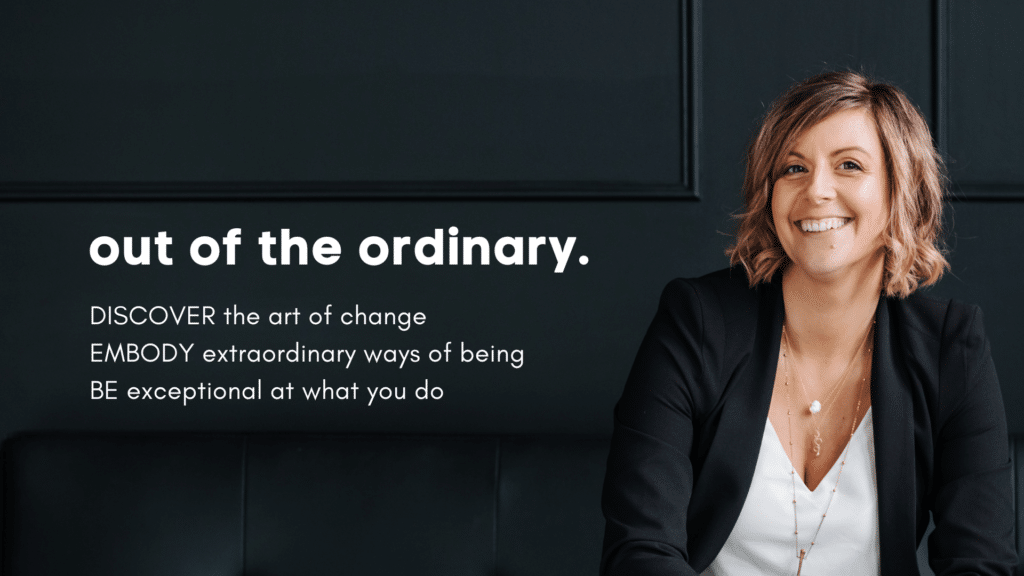1. “How long is the training, and how is the time structured?”
Red flag: 7 days or less, often compressed into consecutive days
- Not enough time to embody the skills or ask questions
- No space between sessions to practice and integrate
- Designed for speed and convenience, not results
What to look for: 18+ days over several months
- Time between sessions to practice in real life
- Integration period where learning becomes embodied
- You leave with embodied skill, not just information that you’ll struggle to apply
You can’t become a physiotherapist or a teacher in a week. Why would learning the art of facilitating transformation and the complexities of human behaviour be different?
With embodied learning, the skill lives in your muscles like a reflex. You don’t have to remember the steps or rehearse a script, your body knows what to do.
2. “Is this training primarily online or in-person?”
Red flag: Fully online, pre-recorded modules, Zoom-only
- You’re learning ABOUT NLP, not learning to DO NLP.
- No real-time feedback on your skill PLUS the trainer has reduced data about what students are doing and how they are approaching things
- No body-to-body learning (critical for reading and working with others)
What to look for: Predominantly in-person, live practice
- Real humans in the room practicing with each other
- Trainer can see and correct what you’re doing in real time
- You develop a range of skills live in person that don’t translate well enough through a screen.
Online learning is great for anything that is content/information based and/or self insight based. Anything that requires physical skill does not translate well in an online learning format it is better suited for live in person training. Most of the short courses will be information and self insight based. They are not designed to transfer and develop NLP skill.
3. “How much practice time is included vs. lecture time?”
Red flag: Mostly teaching/ information being delivered/reading from scripts, minimal demonstration and practice
- You watch the trainer do it (worse if you’re watching the trainer read from a script)
- Maybe practice briefly, worse if you’re just reading scripts as “practice”
- Lots of note-taking, reading, slides of information, very little doing
What to look for: Mostly demonstration and practice
- You’re observing someone with skill demonstrate it, you’re practicing it in the room (all without scripts)
- Multiple reps with feedback
- Practice until it’s in your muscle memory
Note taking is less important than watch, listen, do. Why? Because you don’t develop skill from regurgitating information, you develop skill from doing what you’ve been shown is possible to do and getting feedback to refine and adjust and level up your skills. Anyone can read a book ABOUT NLP. Fewer people can actually demonstrate NLP with skill.
4. “What’s the trainer’s actual experience?”
Red flag:
- Trained as an NLP Trainer in a matter of weeks, now teaching it and they trained with someone else who had also become an NLP Trainer in a matter of weeks.
- Primarily teaches NLP from scripts and slides
- Can’t articulate their lineage or who trained them or give an accurate history of NLP and it’s developers.
What to look for:
- Trained via an in depth apprenticeship model (not just a course), not just ‘Board Certified” which in an unregulated field tells you nothing about the standard of the training.
- Have trained with multiple different NLP Trainers from different schools and lineages
- Experienced with NLP in practice with clients and professional settings
- Can name their teachers and lineage and give you a rich and accurate description of the history and the field, not just the high profile names.
- Years of experience, not months, ideally been doing NLP for over a decade
You can go from not having heard of NLP to becoming a trainer of NLP in a matter of weeks. This model is contributing to the decline of the quality of NLP and has contributed to giving NLP a poorer reputation than this incredible methodology deserves. What’s especially sad is most NLP Trainers don’t even know that a different kind of NLP exists. I became an NLP Trainer via a 6 year in depth NLP Trainer apprenticeship from a masterful trainer who had also become a trainer via apprenticeship as had every trainer before him.
5. “Can you repeat the training for free?”
Red flag: One-and-done model
- You get the certification, you’re out
- No opportunity to deepen or review
- No ongoing support or community
What to look for: Can repeat anytime, as often as you want
- Shows confidence in the training quality and longevity of the business
- Recognises that mastery requires repetition and demonstrates encouraging life long learning
- Community of practitioners supporting each other
You can come back and redo any training you’ve done with me, free, forever. As support crew or back in the room learning. Because I believe in on going learning and the role that community plays, not just in helping you to master your skills, but in championing you to do extraordinary things and to support you through all the ups and downs of being human.

